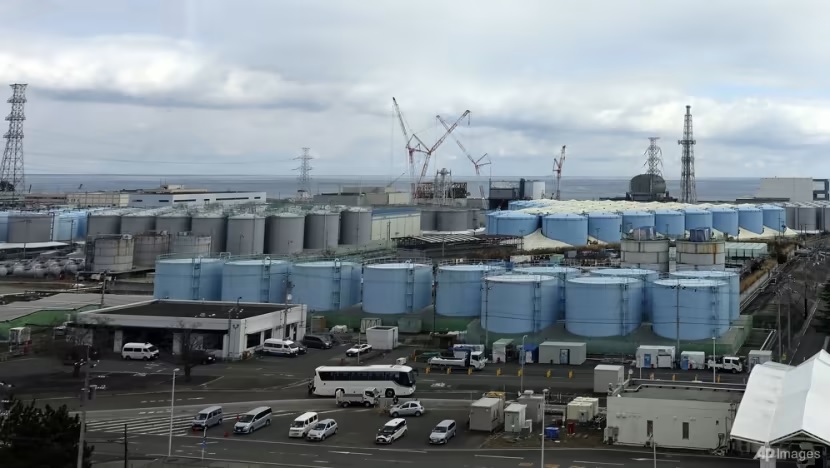Japan and Tokyo Electric Power Company (TEPCO)’s reckless decision to discharge over 1.3 million tonnes of nuclear-contaminated wastewater into our Blue Pacific is a testimony to the dangers of nuclear power,” says Pacific Elders Voice.
“No Pacific state is reliant on the nuclear power industry. The Fukushima Daiichi Nuclear Power Station (NPS) meltdown disaster of 2011 is evidence of the ongoing human, environmental and economic consequences it has upon the health and well-being of people of the Pacific.
“Now, Pacific Islanders and future generations will have to bear the brunt of Japan’s dependence on nuclear energy as the attempts to stabilise the Fukushima disaster have led to the cost-cutting measure of discharging nuclear-contaminated wastewater from land into Japanese waters, which through the accelerated spread of ocean currents will inevitably be an act of transboundary and transgenerational harm against the Pacific peoples and their livelihoods. Starting today, the discharge is slated to last for another thirty years,” the PEV said in a statement.
“We note with disappointment that this brazen act of environmental vandalism will compound the brutal nuclear legacy of over 315 weapons tests in our region for which genuine nuclear justice has not been fully achieved. It furthermore represents a palpable disrespect towards the Pacific region’s historically strong stance against nuclear pollution in all forms and commitment to a Nuclear Free Pacific, through international and regional agreements such as the London Convention (1972), the UN Convention on the Law of the Sea (1982), the Rarotonga Treaty (1986), the Noumea Convention (1986) and the Waigani Convention (1995). We acknowledge that some of these laws and treaties were designed and agreed to by Pacific states with Japan in mind given its previous attempts to dump nuclear waste into the Pacific Ocean from the late 1970s onwards,” PEV said.
History repeats itself with Japan again testing the limits of the Pacific’s friendship through an absence of consultation, accountability, dialogue and consensus building with Pacific states, NGOs and civil society groups, it said.
“We believe that this will set a dangerous precedent that breaches the human rights of Pacific peoples, especially by other states who wish to engage with nuclear power and are looking to dispose of any form of toxic waste into the Pacific Ocean.
The plan represents an irreversible risk of severe human rights violations, especially those relating to the enjoyment of a safe, clean, healthy and sustainable environment; as well as, many others concerning the rights to an adequate standard of living, physical and mental health, safe food, drinking water and sanitation,” PEV said in a statement.
SOURCE: PEV/PACNEWS














